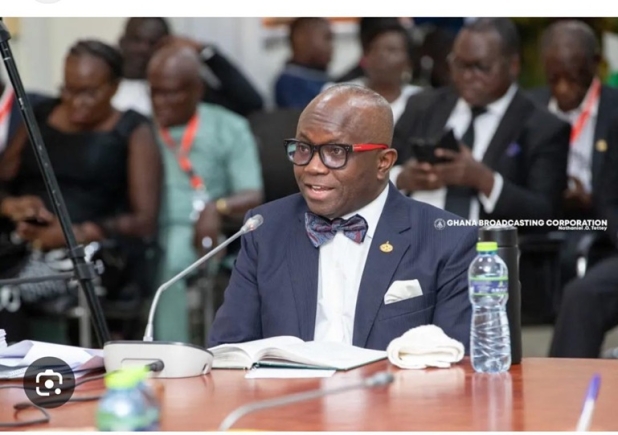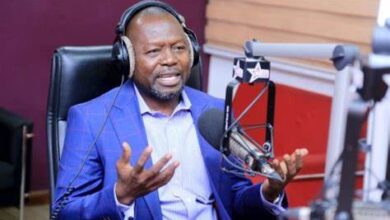Ghana may be the only country where the Supreme Court sits weekly – Justice Ackaah-Boafo

Supreme Court nominee, Justice Kweku Tawiah Ackaah-Boafo, has urged a critical look at the jurisdiction and operational structure of Ghana’s Supreme Court as part of efforts to ease its workload and enhance the justice delivery system.
Speaking during his vetting by Parliament’s Appointments Committee last Friday, the Appeals Court judge raised questions about the scope of the Supreme Court’s responsibilities and proposed reforms to address growing concerns about its efficiency and transparency.
“Before you talk about numbers, look at the jurisdiction of the court. It has over eight jurisdictions,” he said, pointing to the unique burden placed on Ghana’s apex court compared to others globally.
“Last time I checked, Ghana may be the only country with a Supreme Court which sits every week,” he added, suggesting that the frequency of sittings and the court’s wide-ranging jurisdiction may be contributing to the heavy caseload.
According to Justice Ackaah-Boafo, the Supreme Court receives more than 500 cases annually, out of which about 120 are accepted and only between 65 and 80 are ultimately adjudicated.
“They deliver between 65 and 80 cases a year. They receive over 500 cases, filter and at the end of the day, they may accept about 120 and do about 65,” he explained.
To address this, the nominee proposed a limitation on the scope of the Supreme Court’s jurisdiction to help manage the volume of cases and ensure more timely decisions.
He argued that narrowing the court’s focus could allow it to prioritize critical constitutional and legal questions while relieving pressure on justices.
On the issue of transparency in the empaneling of judges for cases, Justice Ackaah-Boafo did not shy away from acknowledging public skepticism about the current system.
Asked whether something should be done about the Chief Justice’s exclusive power to empanel judges — a system some have criticized for allowing possible favouritism — he endorsed reforms aimed at building trust in the judiciary.
“There are concerns. People talk about it,” he admitted. “We can consider using an electronic system to empanel. Also, we can create multiple panel heads at the Supreme Court so that the responsibility doesn’t lie with just one person.”




